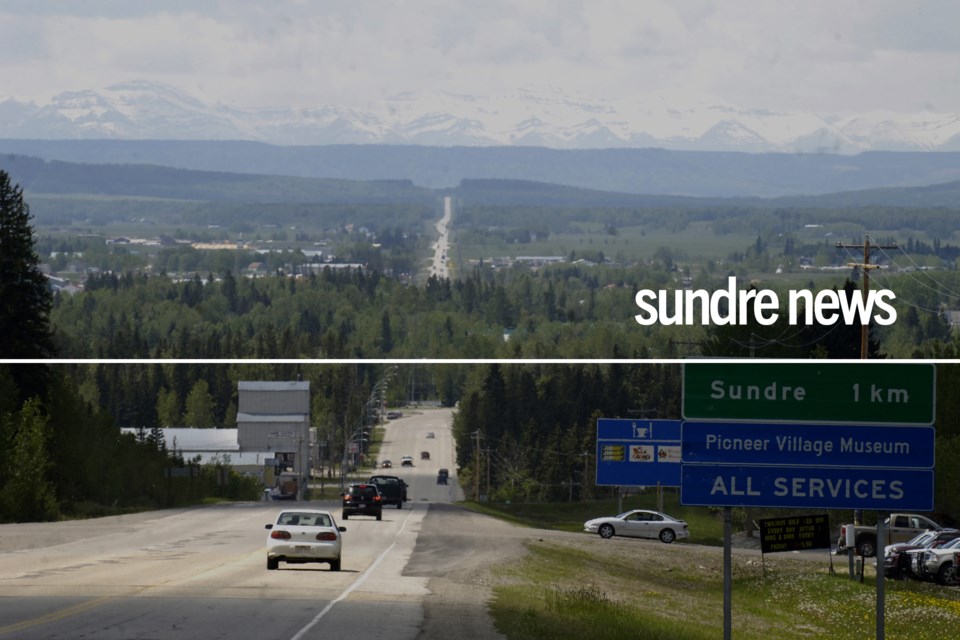SUNDRE — As the effort to connect the community to the 21st century continues, the municipality is asking residents and business owners to participate in a mapping project with the objective of qualifying for federal grant funding to upgrade the town’s dated internet infrastructure.
“With the announcement of the new Universal Broadband Fund, which Sundre should qualify for being that we have a shovel-ready project, Canada’s federal Department of Innovation, Science and Economic Development has listed Sundre on their broadband availability map as having access to broadband service in our downtown area,” reads a monthly newsletter written by Jonathan Allan, the municipality’s economic development officer.
The National Broadband Internet Service Availability Map, which can be viewed by visiting www.ic.gc.ca/app/sitt/bbmap/hm.html, shows that Sundre’s downtown allegedly has widely and readily available access to high speed broadband internet.
“We believe this is erroneous and may affect our ability to receive a grant,” wrote Allan.
“We’re open to being proven wrong, but we need the data,” he added during a phone interview.
According to a speed tracking and mapping project by the Canadian Internet Registration Authority (CIRA), which collects and illustrates the results of speed tests across the country, blue zones are highlighted as having fast speeds and red zone as being slow.
The Town of Olds is almost exclusively blue, boasting speeds ranging anywhere from 50 to 700 megabits per second (mbps). Meanwhile, speeds in Sundre, where the map is almost entirely red, largely average little more than five megabits per second.
Residents and business owners who are so inclined to contribute to the pool of data that could help determine whether the municipality is eligible for grant funding, are encouraged to conduct a speed test.
“In order to collect the evidence needed to show that our downtown indeed does not provide high speed service to a majority of residents and businesses — or to prove us wrong — we are requesting that businesses and residents perform speed tests on the Canadian Internet Registration Authority’s website to record their location and speeds,” Allan wrote.
“This will legitimize our concerns and claims,” he said. “The more results we compile, the better.”
Visit performance.cira.ca to complete one or more speed tests by following the prompts, which involve inputting the local postal code as well as manually confirming the home or business’s location on the map, and then waiting a few moments for the test to completely run its course.
“I believe that even though some downtown businesses might have marketed to them 50 megabits per second by certain providers, the monthly cost associated with those fixed wireless services that enable consistent symmetrical upload and download speeds, are far beyond the reach of most small businesses and consumers,” said Allan, adding as an example that costs can, depending on speeds offered, range from $500 to nearly $1,000 per month.
Allan said high speed broadband internet in Sundre should not be considered readily available to the average resident or business owner under these circumstances.
Additionally, some customers might be paying for 50 mbps packages, but still only receive speeds ranging from 20 to 30 mbps, which must be recognized, he said.
“We need a fair and reliable fibre optics system in this town to compete in the global economy," he said.



